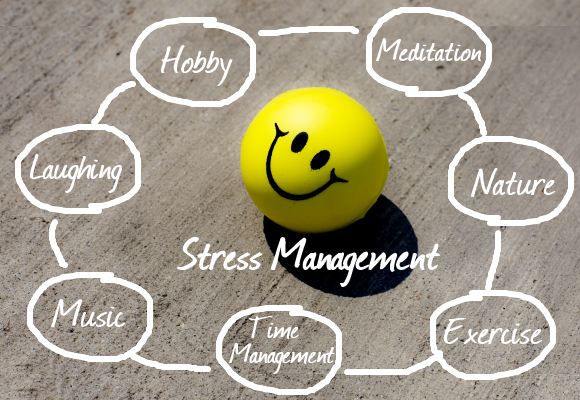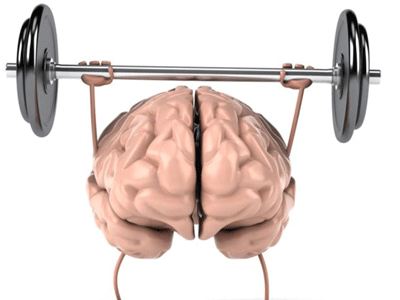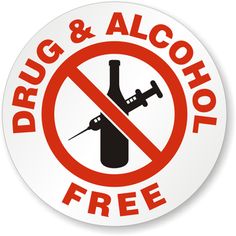If you have to deal with a persistent feeling of sadness and you have lost interest in things around you, you may have depression. Also called clinical depression or depressive disorder, this mood disorder affects how you think, feel, and behave. Overtime, it can cause a number of physical and emotional problems. Some people even lose interest in living. Depression can cause serious complications, but people do not know much about it, and some may wonder:Is depression a genetic thing?
Is Depression Hereditary?
Yes, depression can be a genetic thing. Many studies have confirmed that depression can be hereditary and sometimes runs across multiple generations. You are more likely to develop clinical depression at some stage in life if your family members already have it.
Both environmental and genetic factors can cause depression. Genetics however play a big role in the type of depression that is recurrent and severe. Still, you should understand that having someone in your family with depression does not mean you will end up becoming depressed. Similarly, people with no family history of clinical depression can still become depressed.
Other Causes of Depression
Is depression hereditary? Yes, it is. However, there are other causes as well. For instance:
- Abuse: Past sexual, physical, or emotional abuse can increase your risk of developing clinical depression in the future.
- Certain medications: The use of certain drugs such as the antiviral drug interferon-alpha, accutane to treat acne, or corticosteroids can put you at a greater risk of developing clinical depression.
- Conflict: Disputes with family or personal conflicts can sometimes make people vulnerable to clinical depression.
- A loss or death: Grief or sadness from the loss of a loved one or their death can increase the risk of depression.
- Major events: Some major changes in your life may bring serious stress with them. Graduating, getting a new job, or getting married are good events, but they can put you in stressful situations that lead to depression.
- Serious disease: You may become depressed when you have a major illness or a medical condition.
How to Lower the Risk for Depression
Is depression hereditary? You already know the answer. This raises another question, "Can you do something to lower your risk?" Luckily, there are something you can do.
1. Manage Your Stress

In most cases, stress is the main trigger to a depressive episode. You cannot do anything to eliminate stress completely from your life, but you can learn stress management techniques to avoid making things worse. Try yoga or meditation to keep stress under control. Other relaxation techniques such as progressive relaxation, deep breathing exercises, guided imagery, and visualization may also help keep you calm.
2. Socialize to Feel Connected

Feelings of isolation and loneliness are only going to make you feel depressed. Developing supportive relationships and then maintaining them will help you mentally. Sign up for an intramural sports league or start attending a local church if your close family is not nearby.
3. Stay Active
.jpg)
Having a sedentary lifestyle will make you depressed. Even if it is a 10-minute walk out in the park, it still helps boost your mood. Similarly, regular aerobic exercise, a spinning class at the gym, or other activities that help you break a sweat will alleviate the anxiety and lower your risk for clinical depression.
4. Improve Your Mental Health

Even if you have no symptoms of depression, it still pays to see a therapist. They will share ways to manage stress and keep your anxiety under control. Having group or individual therapy sessions may also give you an idea about how to improve and maintain your mental health.
5. Pay Attention to Your Diet

Not paying enough attention to your diet may also make you feel depressed. Lacking of nutrients will do no good to your mental health, therefore you should try to eat well. Your diet should not be high in sugar because too much sugar can destroy your mood and lead to depression. Include more vegetables with brain-boosting nutrients in your diet.
6. Say No to Drugs and Alcohol

A large majority of people with clinical depression are also struggling with drug and alcohol addiction. Drinking in moderation is okay, but it is sometimes hard to keep things under control and know where to draw the line, so just avoid alcohol. You are more likely to develop depression after heavy drinking if someone in your family already has it. If drug abuse is the problem, avoid illicit drugs completely to prevent depression.
7. Consult Professional Health Provider
The fact of the matter is that so many factors can increase your risk for depression, so you should not ignore any sign, especially when depression runs in your family. Talk to professional healthcare provider if you are finding it hard to deal with stress in your daily life or have other symptoms associated with clinical depression.
